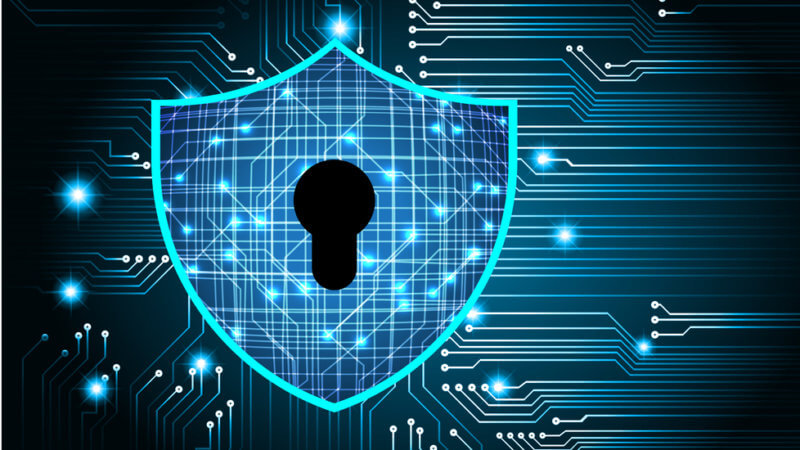It is part of our privacy and when it isn’t secured properly, personal information can be stolen and misused by irresponsible parties risking us to lose money and credibility and even dealing with consequences for things we didn’t do. Just like personal identity or personal financial information, personal medical information is also part of our confidential information and protecting it is as important.
Personal Medical Information
Personal medical information, or officially known as protected health information, is a collection of data covering medical records and history, demographic information, medical test and laboratory results, insurance information, and other information collected by medical professional from an individual patient to diagnose condition and determine appropriate care for that condition. All information related to your medical condition as well as other healthcare data privacy are protected by doctor-patient confidentiality and cannot be shared to other party without the patient’s consent.
How Personal Medical Information Protected by Law
Here in the US, the primary law that regulates protected health information is The Health Insurance Portability and Accountability Act or commonly known as HIPAA. The law oversees everything related to healthcare data privacy collection, use, access, and disclosure. The main role of HIPAA is to protect patient rights of health information privacy. HIPAA also provides standard rules that all healthcare providers and health insurance providers are legally bound to follow.
Patient Rights of Personal Medical Information
HIPAA strictly rules that each and every individual patient is the sole right owner of personal medical information. Although the health information is collected and stored by healthcare providers, it can only be used, shared and disclosed with the patient’s consent and only for the purposes related to health treatment. HIPAA also clearly states the patient rights related to health information privacy, including:
· Patients have the right to receive notification from the healthcare providers about how the medical information will be used.
· Patients have the right to request and obtain copy for personal health data. Patients also have rights to share their health data to
· Patients have right to request for correction of health records.
· Patients have right for information about where and who the health information share and to restrict sharing the personal health information.
· Patients also have right to file complaint in case privacy violation happened.
Protecting Personal Medical Information
Protecting personal medical information is very crucial not only to make sure you will get the accurate and precise care for your particular condition but also to protect you from possible financial harms. Misuse of personal medical information causes a lot of patients spent significant portion of healthcare expense to fraud and waste. So, how do you protect your personal medical information? These are what you need to do:
· Be sure to secure personal health information. Give your health insurance detail only to healthcare provider that provides you with the care and treatment and not to any other party.
· Never trust free medical services that request you to give them health insurance information or personal medical information. These practices are almost certain a fraud.
· Review medical bills and look for suspicious billing. It may not always a fraud but could also be billing error. Otherwise, it can save you money.
· Keep your medical record accurate. Request for correction and update when necessary and be sure to destroy the copy of medical record before dispose it to trash.


